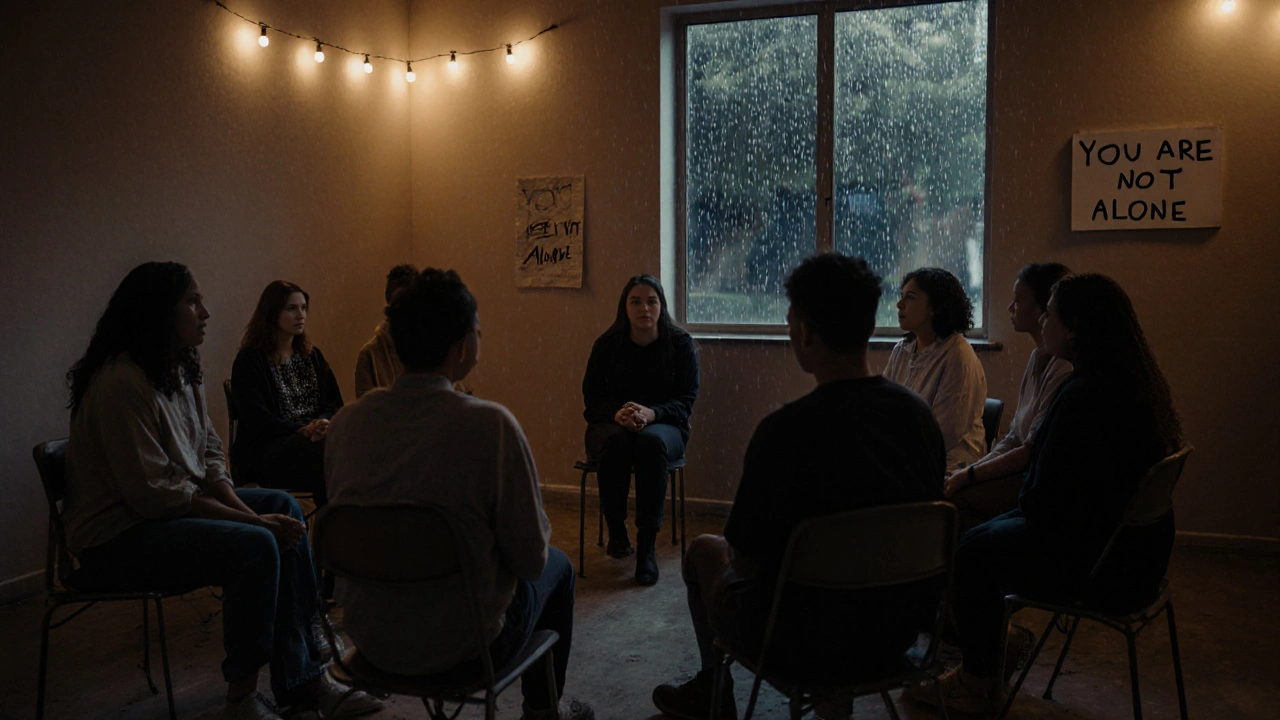Sex Worker Mental Health: Support, Stigma, and Survival
When we talk about sex worker mental health, the psychological well-being of people who exchange sex for money or goods. Also known as sex work mental health, it’s not just about stress—it’s about surviving systems designed to make you invisible, unsafe, or guilty for doing work that keeps you alive. This isn’t a niche issue. It’s a public health crisis shaped by laws, prejudice, and silence.
Think about what happens when you need therapy but your therapist refuses to see you because of your job. Or when you’re scared to call the police after being attacked because you know they’ll arrest you instead of helping. That’s the daily reality for many. stigma in healthcare, the rejection or discrimination sex workers face when seeking medical or mental health services isn’t just rude—it’s deadly. It leads to delayed care, untreated trauma, and higher rates of depression and PTSD. And it’s not just doctors. Even friends, family, and shelters often turn away sex workers because they don’t understand or don’t want to be associated.
That’s why tools like multilingual resources for sex workers, free safety apps, hotlines, and cards in over 18 languages that help communicate boundaries and call for help matter. They’re not luxuries—they’re lifelines. So are incident documentation, the practice of safely recording client details, dates, and interactions to protect yourself from violence or false accusations. And legal threats? loitering laws, police tactics that target sex workers under vague public order rules, even when no crime has occurred don’t make streets safer—they just push people into darker corners.
The truth? Sex work is work. And like any job, it comes with risks. But when those risks are amplified by criminalization, isolation, and lack of access to care, the mental toll becomes unbearable. You shouldn’t have to choose between safety and survival. You shouldn’t have to hide your identity to get help. And you shouldn’t have to fight just to be treated like a human.
Below, you’ll find real guides written by and for sex workers—on how to find trauma-informed therapists, how to document abuse without getting caught, how to access PrEP and STI testing without fear, and how to push back against laws that make life more dangerous. These aren’t theoretical tips. They’re survival strategies tested in the field. Read them. Save them. Share them. Someone out there needs them today.

- Nov, 21 2025
- 0 Comments
Trauma-Informed Care: Mental Health Resources for Sex Workers
Trauma-informed care for sex workers means safety, choice, and respect - not judgment or pressure. Learn where to find real support, how to identify truly affirming providers, and practical steps to begin healing on your own terms.
read more
- Oct, 19 2025
- 0 Comments
Reducing Occupational Burnout: Self-Care and Safety for Sex Workers
Sex workers face high rates of occupational burnout due to emotional strain and lack of support. Learn practical, realistic self-care strategies and safety measures to protect your mental and physical health while doing this work.
read more